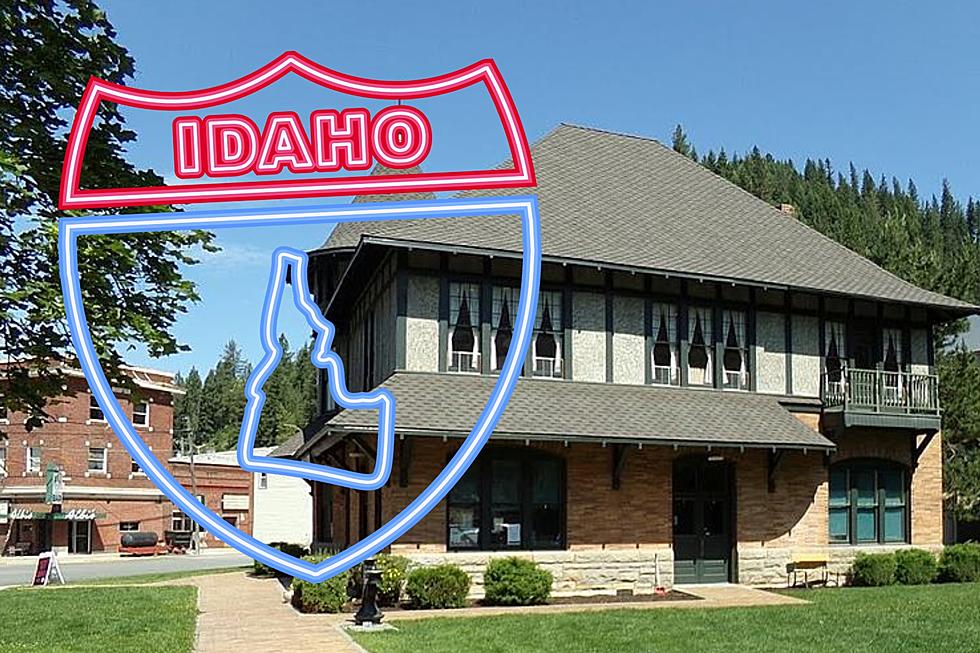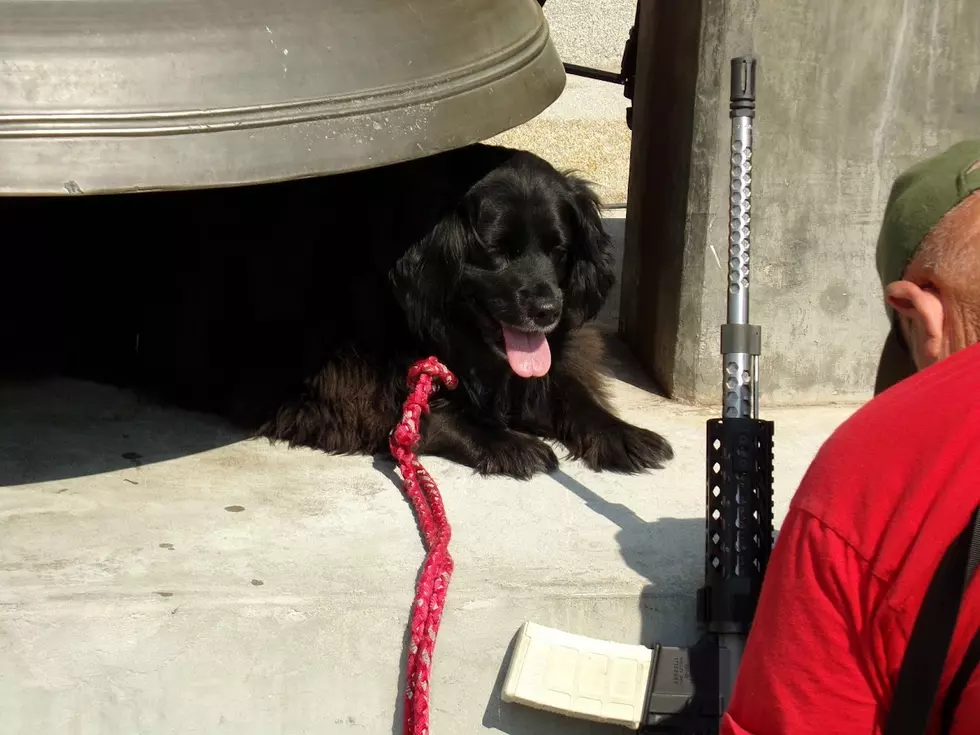
The Coming Idaho Wolf Hunt Explained
They look cuddly and warm. They also have powerful teeth. They look like overgrown dogs. I remember seeing the damage some domestic dogs once did to a deer when I was a kid. We regulate domestic animals and a dog that chases wildlife can take a bullet for its behavior. Wolves pose an even greater problem in Idaho.
By agreement with the federal government, wolves aren't considered endangered in Idaho.
When the state entered into a management agreement with the federal government, the explosion in the wolf population wasn’t expected. The idea was to manage animals totaling 150 across the state. There are now an estimated 1,500. Animal rights activists object to any suggestion the population be reduced. They see it as cruel. Reduction would mostly be done through hunting.
Ranchers and farmers also see their livestock losses to wolves as cruel. And a financial burden. The activists claim the wolves aren’t responsible for some of the depredation. Evidence now seems to have tilted in the favor of the herdsmen.
A majority of state legislators propose reducing the wolf population by 90 percent. Governor Brad Little appears sympathetic to the concerns of ranchers and farmers. The State Senate moved the bill this week.
State Senator Kelly Anthon represents District 27, covering Cassia and swaths of Minidoka County. He’s a member of Senate leadership. He joined Newsradio 1310 KLIX and Magic Valley this morning to explain the legislative action. If you would like to hear more, you can listen to the video below. Anthon has been farming his entire life. Cassia County is the state’s top agricultural producer. He doesn’t want to see a way of life come to an end.
By agreement with the federal government, wolves aren't considered endangered in Idaho.
LOOK: Stunning animal photos from around the world
More From Kool 96.5









